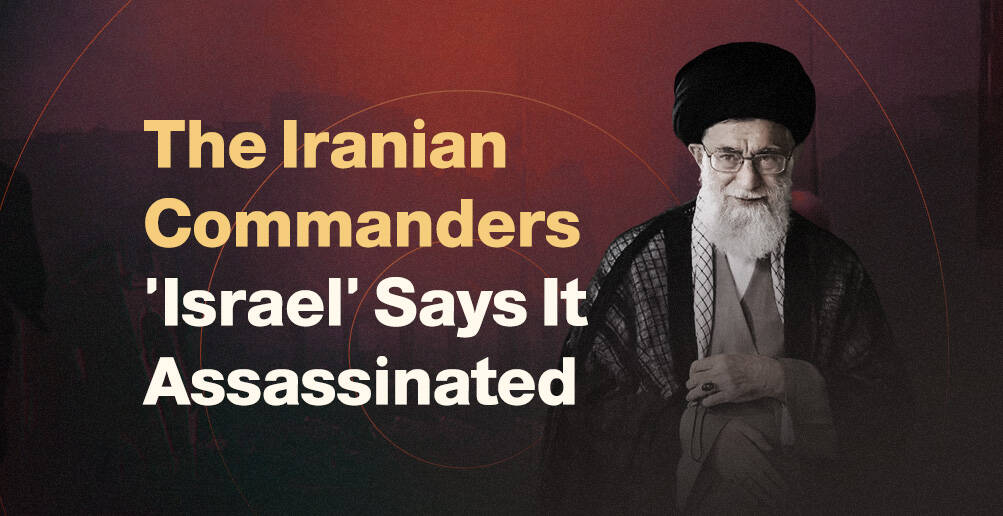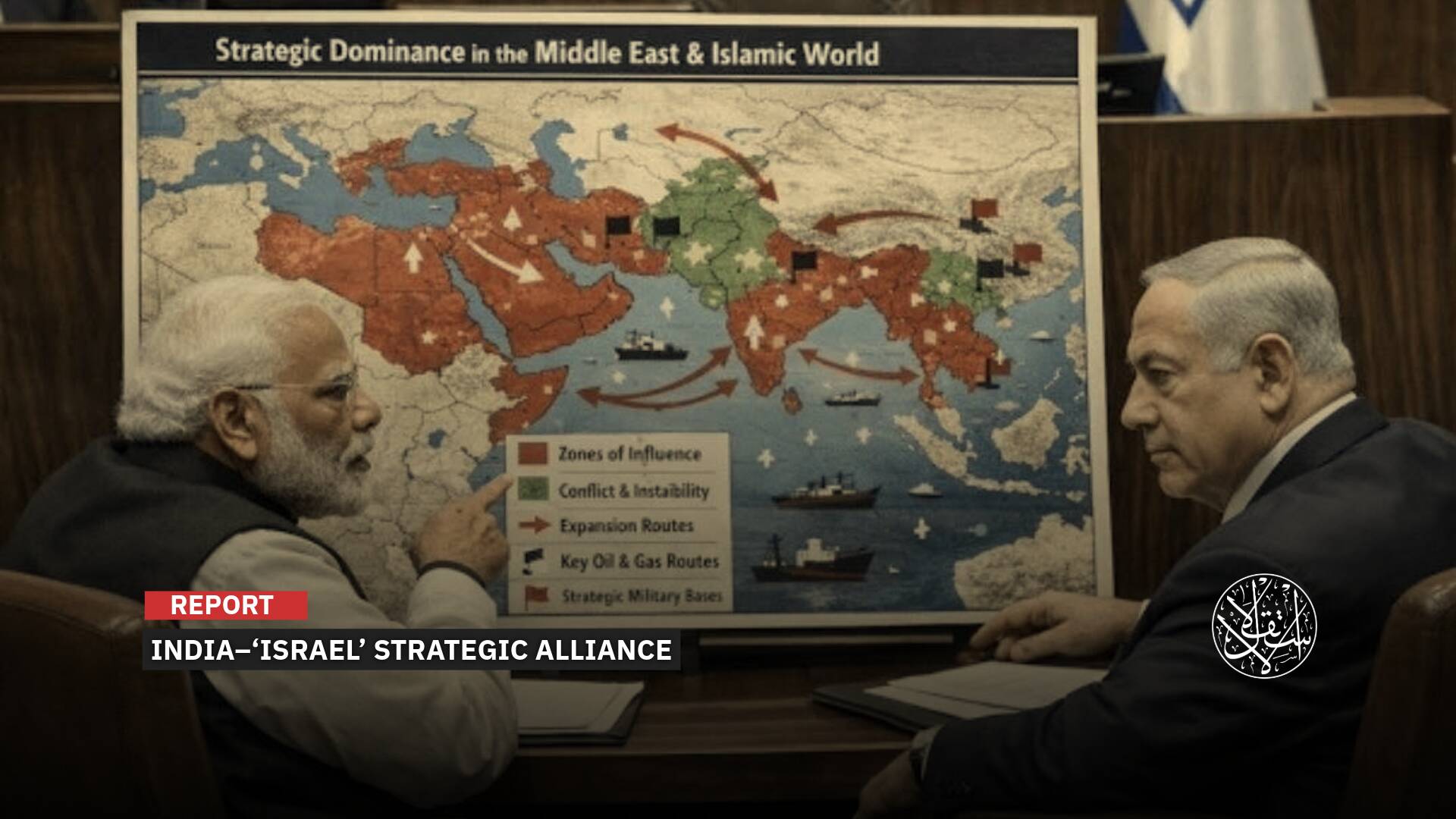The Thirteenth President: How Erdogan Ended the Opposition’s Hopes of Reaching the Rule of Turkiye

Turkish President Recep Tayyip Erdogan crossed what could be considered the last electoral hurdle in his political career, which was the most testing and difficult for him, given the close numbers that pushed for a second round for the first time in the country’s history.
Also, given the volume of files accumulated prior to the elections, which put his administration in question, after the rise in inflation and the decline in the value of the Turkish lira, and then the human and economic catastrophe caused by the earthquake that struck the south of the country on February 6.
Erdogan, the candidate of the People’s Alliance (Cumhur Ittifaki), won a third five-year presidential term after obtaining 52.14% of the votes, while Kemal Kilicdaroglu, the candidate of the Nation Alliance (Millet Ittifaki), won 47.86% of the votes after counting 99.43% of the ballot boxes, according to what was announced by the head of the Supreme Electoral Commission, Ahmet Yener.
The first round witnessed a record turnout, amounting to more than 88%, while the second round witnessed a slightly declining turnout from the first round, as the percentage reached about 84.57%, with the percentage of voting abroad rising significantly in the first round, which mostly came in favor of Erdogan, who usually enjoys the support of abroad.
Century of Turkiye
Turkiye’s Supreme Electoral Commission announced on May 28, 2023, that President Recep Tayyip Erdogan (69 years) has officially won a new presidential term extending to 2028 after more than 99% of the boxes have been sorted.
Several leaders rushed to congratulate Erdogan after his election victory. The leaders of Qatar, Hungary, Somalia, and Pakistan were among the first heads of state and government to congratulate Erdogan, Anadolu reported.
In his first appearance after announcing the preliminary results, the Turkish President celebrated with the masses gathered in front of his home in Istanbul.
Erdogan thanked the Turkish people for this trust, saying: “I would like to thank each and every member of our nation who once again conveyed to us the responsibility for governing the country for the next five years.”
“Without compromising our democracy, development, or goals, we have now opened the gates to the Century of Turkiye, but we opened it together,” he said.
Erdogan also made it clear that “the election results showed once again that no one can look down on our nation, insult our people, and no one can point a finger at Turkiye.”
He added that “Turkiye’s 85 million-strong citizens are the winners in the national elections that concluded today.”
“We said we will win in a way that no one will lose. So the only winner today is Turkiye,” he noted.
The President said that the Republican People’s Party (CHP) will hold candidate Kemal Kilicdaroglu accountable for his bad performance, adding that the number of CHP seats in the Parliament decreased compared to the 2017 polls.

On his part, Kemal Kilicdaroglu indirectly acknowledged his defeat in the run-off that took place on May 28, 2023, against his rival, Erdogan, pledging to continue to work and struggle.
“You have always fought for your rights, for your law. I will continue to do so,” Kilicdaroglu said in a speech following the announcement of unofficial results indicating that Erdogan won a new term.
Speaking from the headquarters of the CHP in the capital, Ankara, Kilicdaroglu avoided congratulating President Erdogan on the victory, at a time when he revealed that the country’s problems would continue, in what appears to be a tacit acknowledgment of the loss.
He announced, however, that he would continue to lead the party, despite previous expectations that he would resign after his loss.
Kilicdaroglu indicated that the electoral campaigns were unfair between him and the other candidate (Erdogan), who benefited from all the capabilities of the state.
He claimed that the elections showed that the Turkish people wanted to change the government authorities.
He told his supporters: “I invite you to support the struggle for democracy. I will continue to walk with you. My greatest grief is for what awaits my people in the future.”
Kilicdaroglu also said: “I thank the Turkish people and all the leaders of the six-party table, and more than 25 million people voted for me in the elections.”

New Failure
Despite the massive mobilization that the CHP has worked on for months and the attempt to invoke the nationalist discourse and focus on the need to expel the refugees in order to attract more Turkish voters, Kilicdaroglu failed again against the Justice and Development Party (AKP) in the elections.
Kilicdaroglu’s loss comes despite the support of all opposition parties behind him and the recent support from the head of the anti-refugee Victory Party (ZP), Umit Ozdag.
He had also entered the presidential elections after settling the differences within the Table of Six, in addition to the CHP, which also includes the nationalist Good Party, the Islamic Felicity Party, and other parties led by prominent personalities such as former Prime Minister Ahmet Davutoglu and former Minister of Economy Ali Babacan.
Kilicdaroglu also received support from the Peoples’ Democratic Party (HDP). Turkish analysts believe that HDP’s support for the leader of the CHP caused the latter to lose votes from nationalist voters in the first round, and perhaps also in the second round.
The Associated Press said that the defeat of his rival, the candidate of the opposition Nation’s Alliance, Kamal Kilicdaroglu, will increase pressure on him to step down from the presidency of the CHP by virtue of his age and by virtue of the long years he fought.
This was indicated by political analyst Mahmoud Alloush in a statement to Al-Estiklal, saying: “The loss of the opposition will lead to a restructuring of the CHP and the beginning of preparation for the municipal elections scheduled for March 2024.”
“Kilicdaroglu's resistance to the idea of a change in leadership and performance will not change the fact that was reinforced in the May 14 and 28 elections, which is that the largest opposition alliance under the outdated leadership can only reap defeat in the electoral contests,” he added.
“As for the Table of Six, the future of the unity of this alliance seems to be questionable. Although the upcoming local elections could be an incentive to maintain this partnership, a change in performance appears to be a necessary need to get out of the shock of defeat on May 14 and 28,” the analyst said.
From Mr. Alloush's point of view, “the goal that unites the various opposition parties will remain, which is opposition to Erdogan, but opposition for the sake of opposition does not produce a clear political project that leads to power.”
On the other hand, the ruling AKP, and its president Erdogan, seeks through these elections to remain in power, preserve the gains, crown the 21-year march, and move it to the second century of the founding of the republic.
Erdogan had entered the run-off amid speculation that he would win a higher percentage of the vote, as he won the parliamentary majority in the May 14 elections, and he recently gained the support of his former rival, the candidate of the ATA Alliance, Sinan Ogan.

Erdogan’s Success
“The Turkish opposition was Erdogan’s most prominent voter, and the earthquake regions are what brought him victory,” this is how the result of the Turkish presidential elections can be described, in which Erdogan won by a relatively comfortable margin over his rival Kilicdaroglu, according to analysts.
Although the difference increased in favor of Kilicdaroglu in Ankara and Istanbul, the main difference appeared in the earthquake regions, where Erdogan won in the second round in all earthquake regions compared to the results of the first round, especially the Hatay region, which was a guaranteed state for the CHP as it controls its municipality and has a strong presence of the CHP in the members of Parliament for this state.
This significant increase in votes in the earthquake areas can be explained by the attack that the residents of these areas were subjected to because of their vote for Erdogan in the first round. Especially after the mayor of Tekirdag of the CHP expelled the displaced from the earthquake areas because they voted for Erdogan.
The percentage of voting abroad also witnessed a significant increase, as the vote in the run-off began for Turks residing outside the country on May 20, seeing 1,920,053 votes. These numbers mean that the turnout of Turks abroad to vote has increased compared to the first round of the elections, which saw 1,798,505 votes.
The decline in voter turnout from the first round by about 4% indicates that Erdogan benefited from this, as it is clear that part of the opposition voters did not vote.
Also, part of the votes for the right-wing candidate, Sinan Ogan, went to Erdogan, and another part did not vote, while a lesser part apparently went to Kilicdaroglu.
The Kurdish regions maintained their vote for Kilicdaroglu, but the difference between the two candidates decreased from 45% to 43% in Diyarbakir, the largest of the Kurdish states.
Speaking of which, Erdogan’s percentage increased to about 28% of the vote in the Kurdish states, apparently as a result of the diminished enthusiasm of the supporters of the Kurdish HDP, either because the party guaranteed its seats in the parliamentary elections or because its supporters were angry at Kilicdaroglu’s alliance with the far-right Victory Party, which obtained promises from the head of the CHP that angered the Kurds.

However, it cannot be ruled out that conflicting statements by the opposition about the outcome of the first round, and the victory of the ruling People’s Alliance in Parliament, encouraged many Turks to vote for Erdogan in the run-off for fear of the arrival of a president who does not have a parliamentary majority, which brings back to the minds of the Turks the political crises that the country suffered from before the AKP came to power.
Also, Erdogan’s success in giving confidence to his supporters after his advance in the first round, and his understanding with the right-wing candidate Sinan Ogan without making concessions, in exchange for Kilicdaroglu’s hastening to adopt the rhetoric of the extreme right.
Sources
- Live updates: Erdogan takes decisive lead in Türkiye's run-off poll
- Turkey election results live: Erdogan declares run-off win
- Erdogan: Turkey's undisputed titan enters third decade of rule
- Turkey elections: Why the West got it so wrong
- Turkish elections: The regions that brought victory to Erdogan [Arabic]











